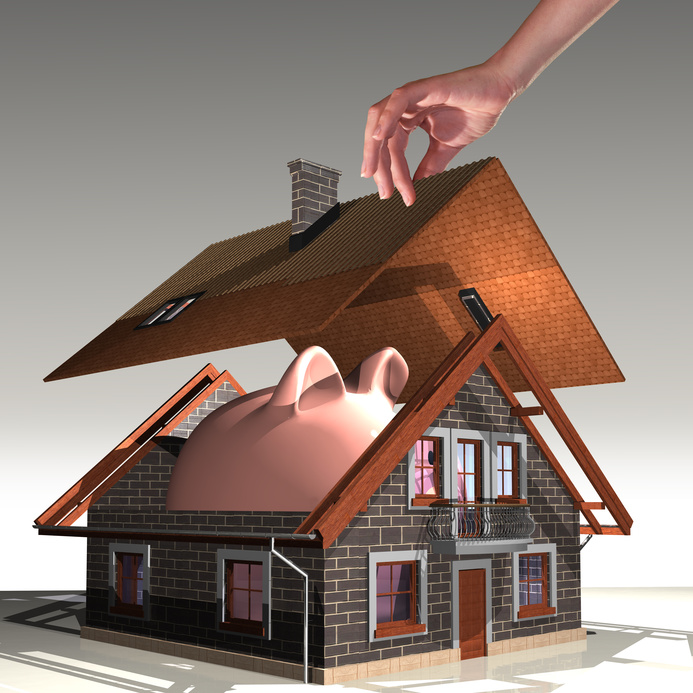My home is my retirement plan.
If I had a dollar for every time a client said that, I could retire today.
But that approach to funding your old age only works if….
Sell your house to retire
The value in your house makes your balance sheet strong, but doesn’t put food on the table or gas in the car when you retire.
That home equity is illiquid. You can’t write a check against it for the other necessities of life.
To get at that equity, you need to sell the house, or borrow against it.
A traditional loan requires that you have cash to cover the monthly loan payments. But hey, you’re not working. Where does that money come from?
Reverse mortgage
The reverse mortgage was invented to allow seniors who can’t make monthly payments on a conventional loan to access the equity in their home.
But the fact that a reverse mortgage has no monthly payments does not mean that it’s cost free.
No, the interest on the money borrowed accumulates over the life of the borrower. And the unpaid interest itself earns interest. The cost is steep.
And a condition of a reverse mortgage is that you keep up insurance and property taxes. Which takes cash.
Real property has carrying costs
Whether encumbered or owned free and clear, real property has its own set of expenses.
- hazard insurance,
- property taxes,
- repair and upkeep.
Gotta have cash for those things. The average Social Security check is about $1300.
Where do you live if you sell
If you’ve benefited from rising home values over your lifetime as a homeowner, the cost to replace the house you’re selling has risen as well.
And buying less house in your community still has the carrying costs we talked about above.
Or you rent. So housing still has a cost.
Or you move out of the community you live in to somewhere where your sale proceeds go further.
You move away from friends and support systems. Or maybe you move back to somewhere where you have a support system. It can work both ways.
Taxes shrink your equity
Capital gain taxes are triggered if you sell your home. Current tax law excludes from taxable income $250,000 in gain for a single person and $500,000 for a married couple. (Watch for changes, here).
So taxation will deplete your sales proceeds only if you have experienced a lot of appreciation over your lifetime.
But if you’re sitting on lots and lots of equity, count on it shrinking if you sell.
Don’t hide behind your house
There are no easy or universal answers here. Our lives are longer and our preparation for old age is woefully incomplete.
For too many people I meet, the “home is my retirement account” is an excuse for overpaying for housing at the expense of retirement savings. It provides cover for failure to set aside any money now.
Diversification of your retirement assets is clearly best. Have cash and home equity as you age.
But however you are situated, give some clear thought as to how you fund those decades of life when you aren’t working.
More
Do California seniors need bankruptcy
California homestead and senior debt
Image © Fotolia






